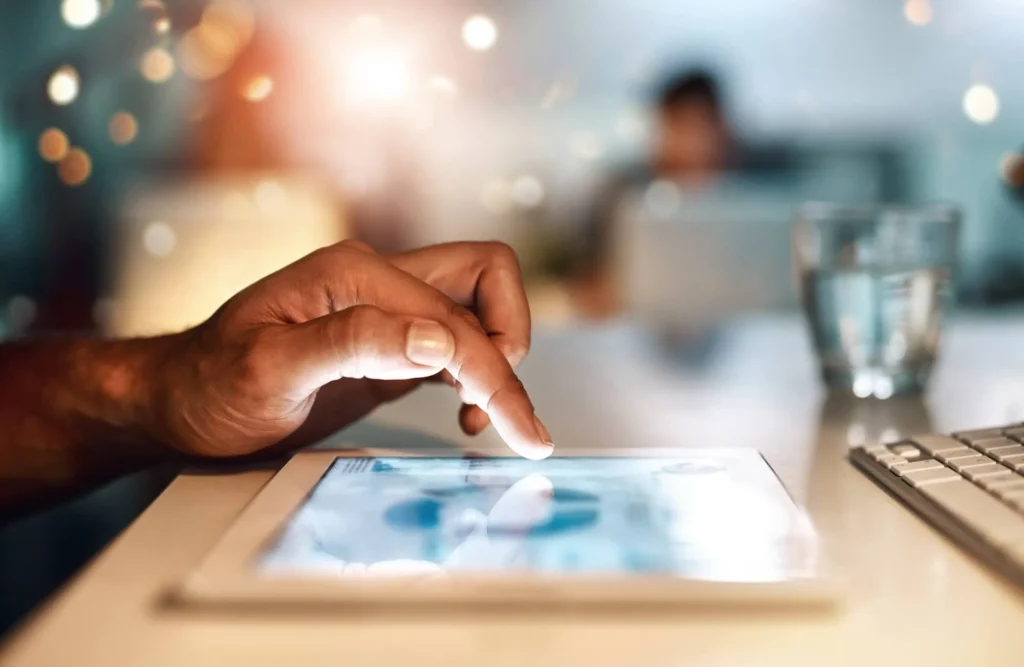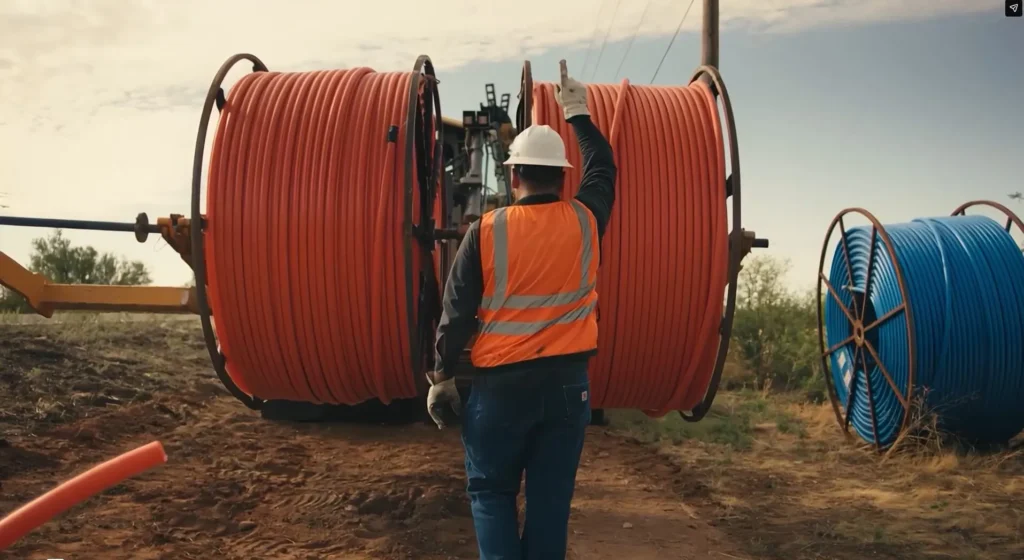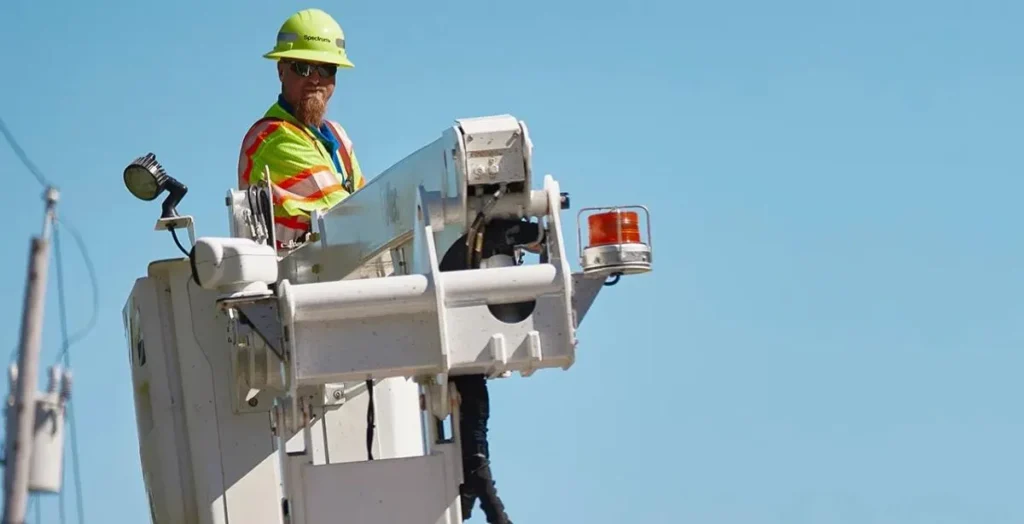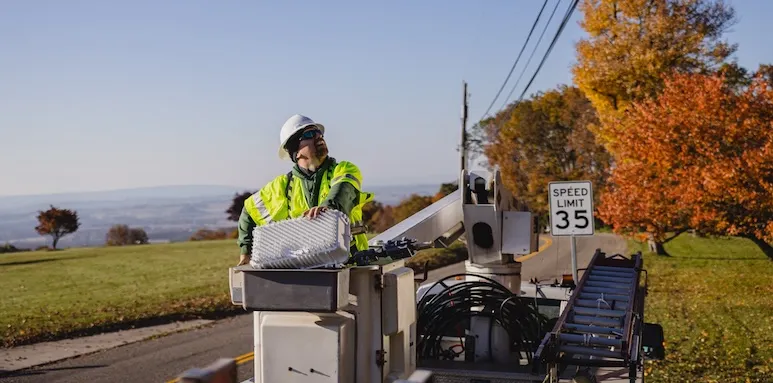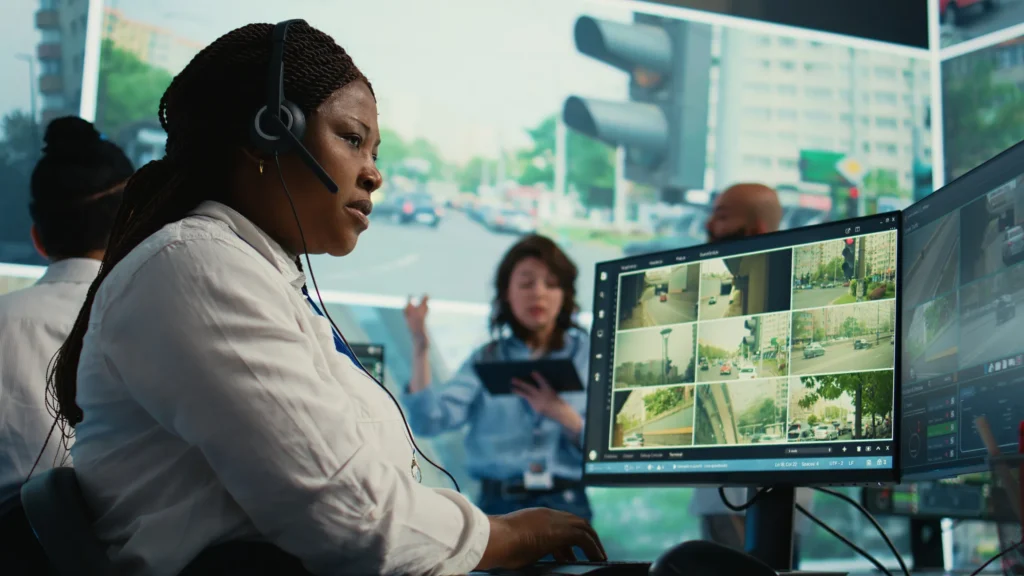Prior to COVID-19, many colleges and schools were already aware of the digital divide among their student populations. This is why Quentin Wright, President of Lone Star College-Houston North in Texas, always took measures to ensure that classes prioritized face-to-face learning. Not to mention, a technology survey had found that many students in his service area did not have a computer at home or access to a broadband connection. But then came the pandemic. “When March hit, it changed our world tremendously,” said Wright. Wright and the college administration had to completely shift direction to find a way to get 20% of the student body the technology they needed to complete their semester online, or risk losing them entirely. “We’re talking about 400-500 students who would have had to stop their education completely,” added Wright.
To salvage the rest of the semester, the college worked in partnership with Comcast to identify those students who needed a broadband connection and to get them connected. Through the Internet Essentials program—the largest broadband adoption program in the country—students in need were able to get approved for internet access at no cost for six months. After this time period, eligible students can continue the service at $9.95 per month.
“Comcast made the process quick and easy,” said Wright. “Had we had to go to another bidding level, that would have extended this process another week or two. In our accelerated environment, time could have really hurt us.” The college’s semester had already been significantly delayed due to challenges brought on by COVID-19.
The collaboration between the college and Comcast essentially allowed every student to work from home, complete their tests online, access tutoring services online, and ask questions online. “If students had to wait until a Starbucks or a library had to come back—at the time those were shut down—or wait for us to redesign our rooms and buildings for social distancing, they would not have been able to finish,” said Wright.
Melinda Little, Comcast Director of Government Affairs in Houston, explained that the program’s auto-approval system made the process of connecting every student as smooth and efficient as possible, and the program’s established presence in the Houston area also helped to expedite the work. “We were prepared. We do calls on a weekly basis with a project management team here in Houston and talk about, ‘Here’s what we’re looking at with Internet Essentials customers, how many have signed up, how quickly can we get them in,’” said Little. The auto-approval process makes it easier on applicants who would normally have to fill out extensive paperwork to prove that they are eligible to receive the service. “The way we were able to turn that around [quickly] just speaks to the company’s commitment to digital equity,” said Little. The team also distributes self-install kits with simple and easy instructions.
Lone Star College is just one of many examples of the type of impact that the Internet Essentials program has made since its inception in 2011, and the sponsored service agreements with schools that Comcast has established around the country. “Lone Star was very motivated. They were our first sponsored service agreement in Houston. We were one of the earlier ones not only in the region but in the company to make this happen. It worked really well,” said Little.
Bryce Kennard, Comcast Manager of Government Affairs in Houston, commented that the goal behind the partnership with Lone Star was always to avoid disrupting students’ education because of the lack of internet connectivity, and to ultimately give them the opportunity for long-term success. “Being able to provide this wraparound service is special, it’s important and it’s the right thing to do. I’m most hopeful for what the students are able to do after having finished their academic career and go on to do things that they dream about,” said Kennard.
In fact, Wright has already heard from students who have benefitted tremendously from the recent installment of internet connectivity in their homes. There was the older student in his 50s who had already dealt with other disruptions throughout his life in pursuit of a degree, and desperately needed the momentum at this time to continue his education. And then there were those students on financial aid who were at risk of losing their funds for the following year if they couldn’t get online to finish their semester.
“Having this partnership really gives me hope that if the private and educational sectors come together, that we really can wrap our arms around communities and push them to the next level, and wrap our arms around students no matter their age … and no matter where they are, we can make sure we get them connected and address the needs they might have,” said Ashley Turner, Lone Star College Executive Director of Community Relations.
“I’m loving that we are moving towards finding the right way to support students. They can be successful. Just because you don’t have the means, doesn’t mean you can’t make it,” added Wright. “We’re looking at equity through a whole different lens right now and understanding the breadth of that term, and what it means, and what actions we need to take.”


